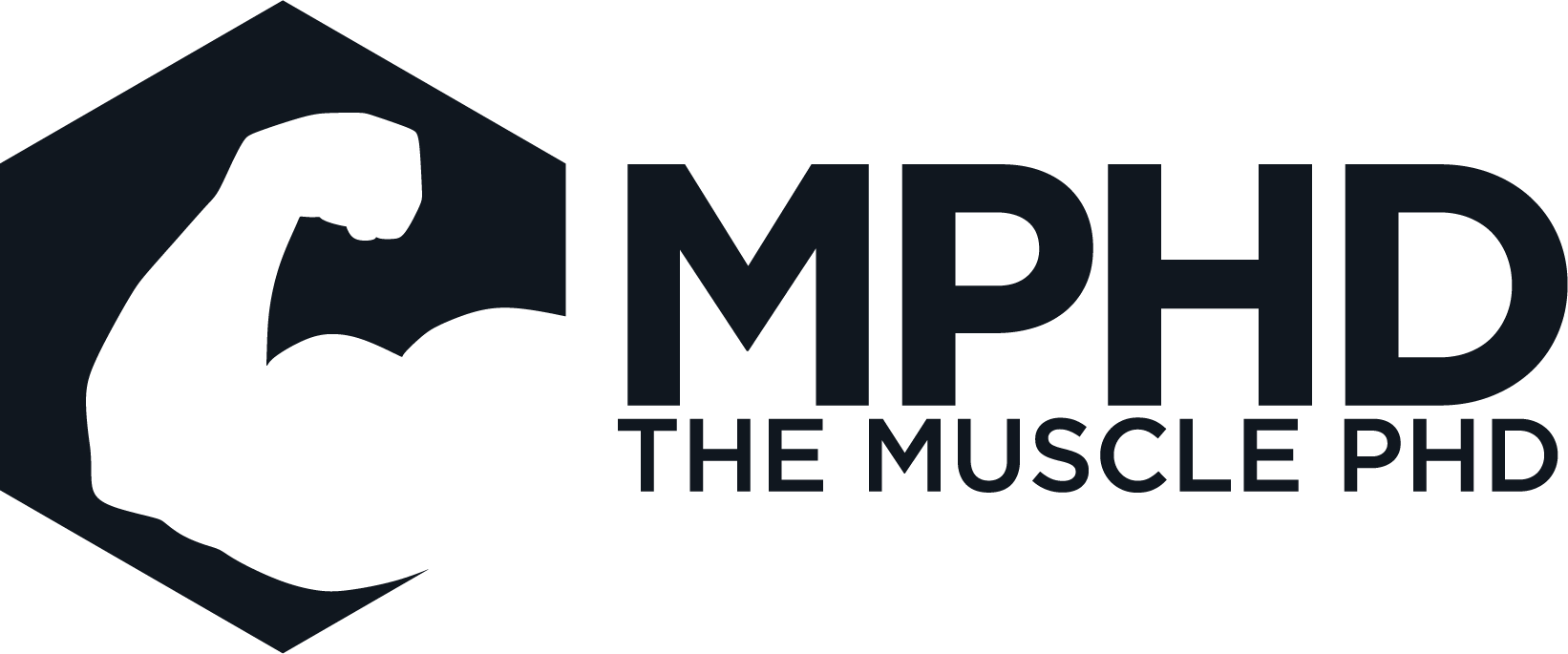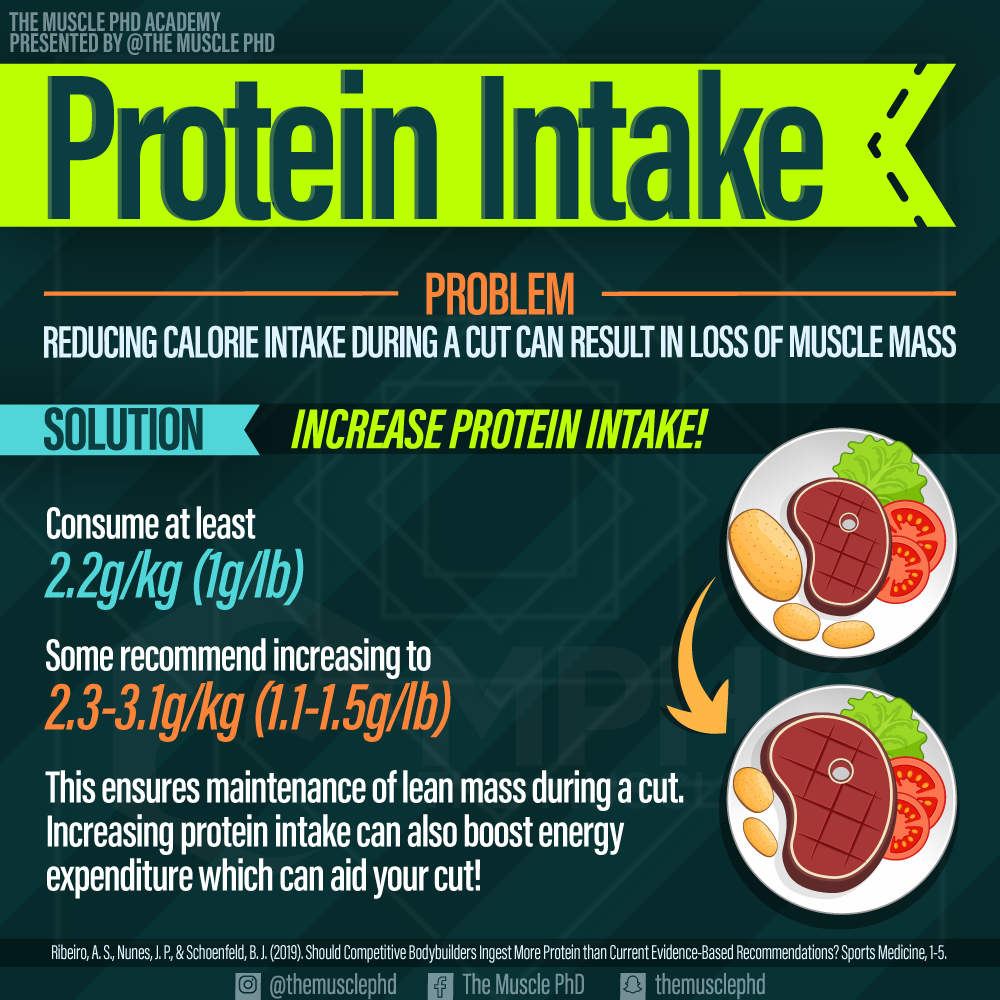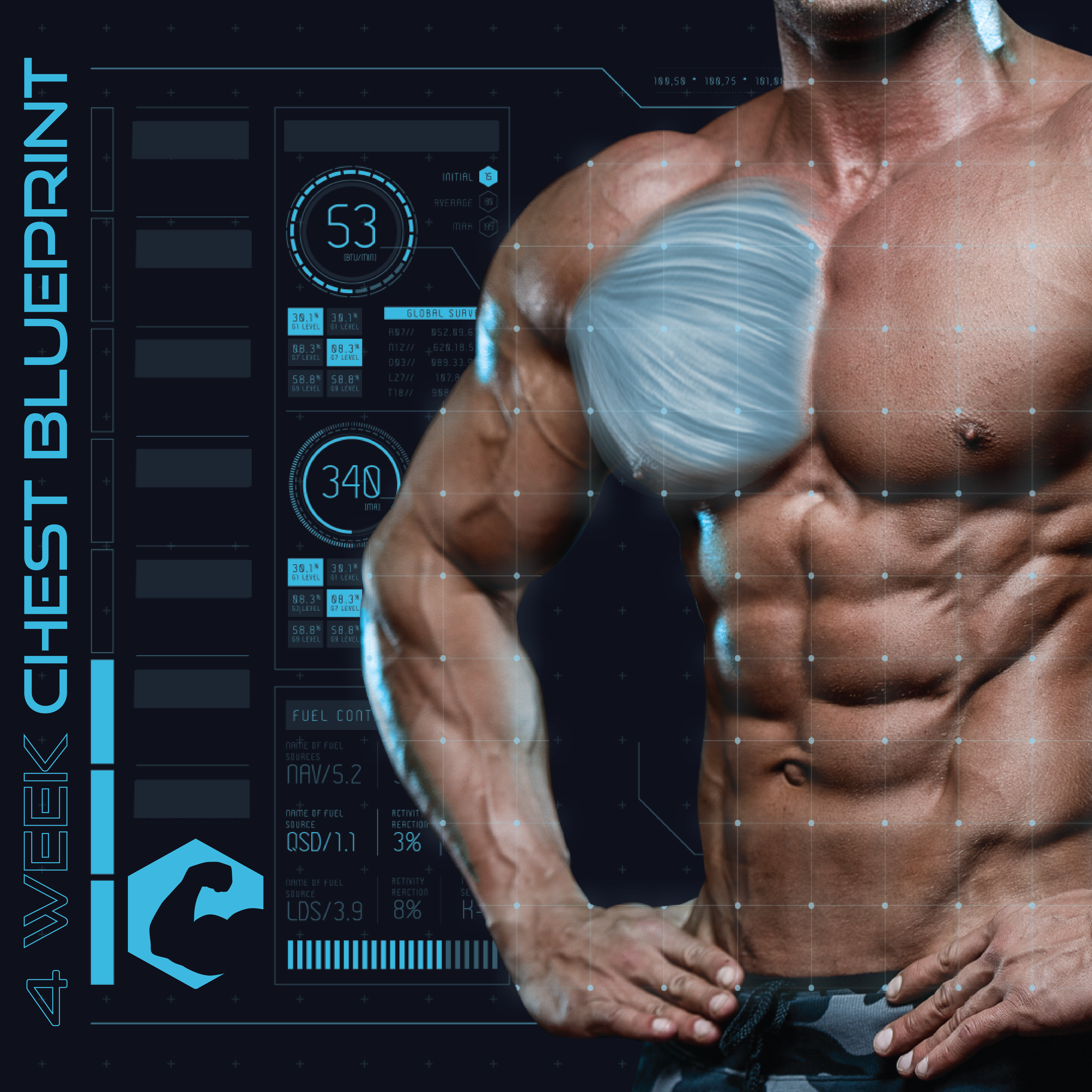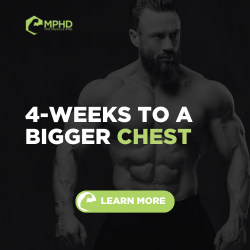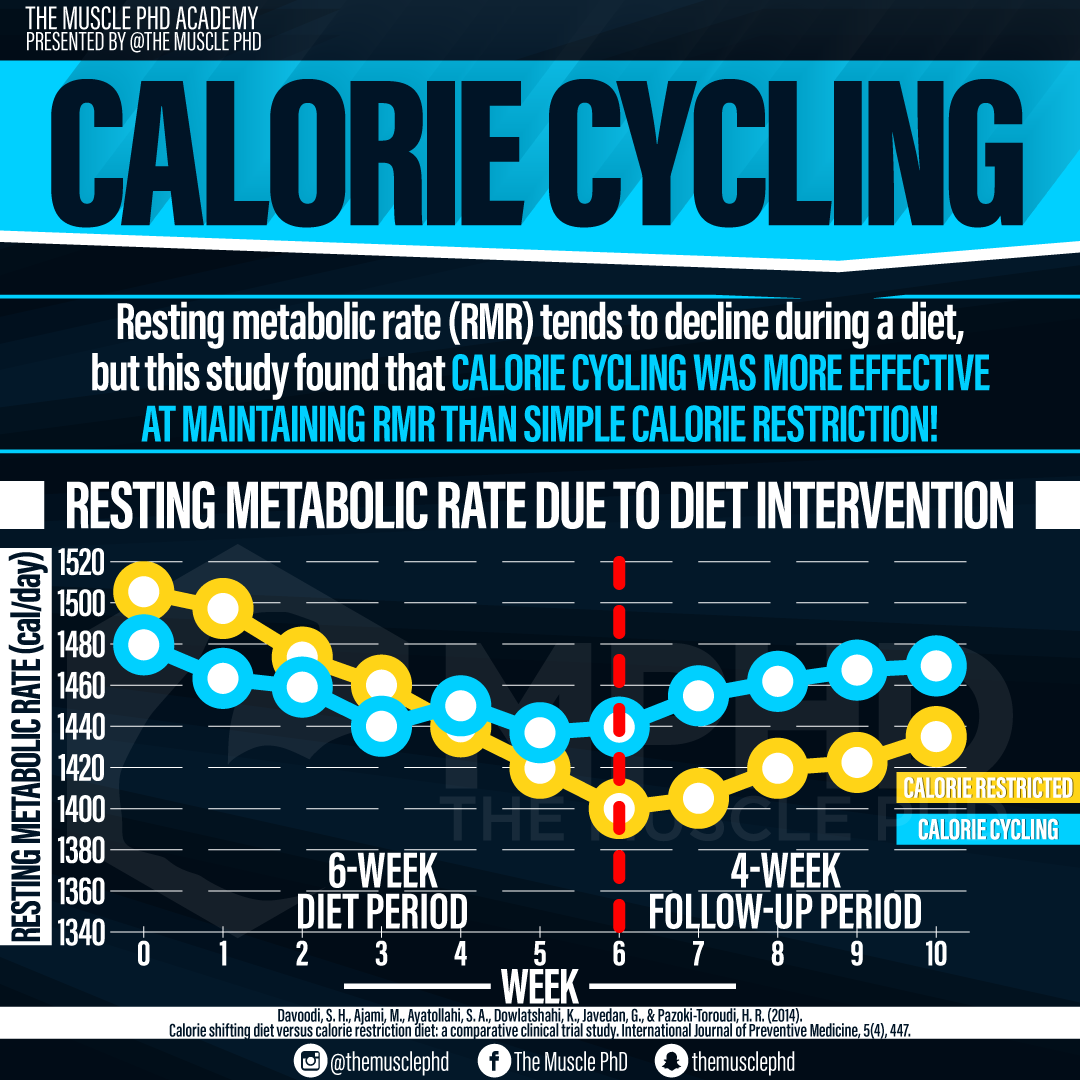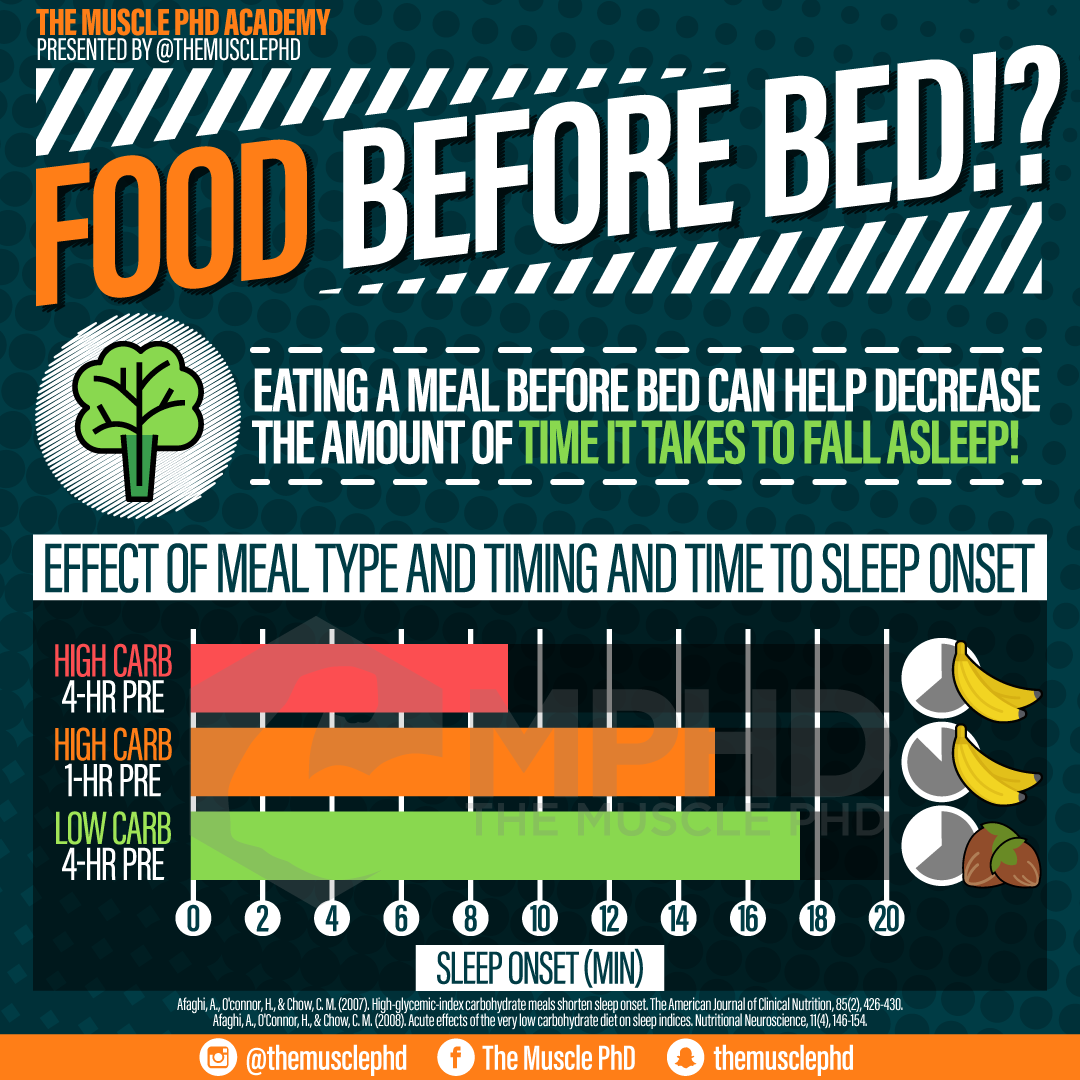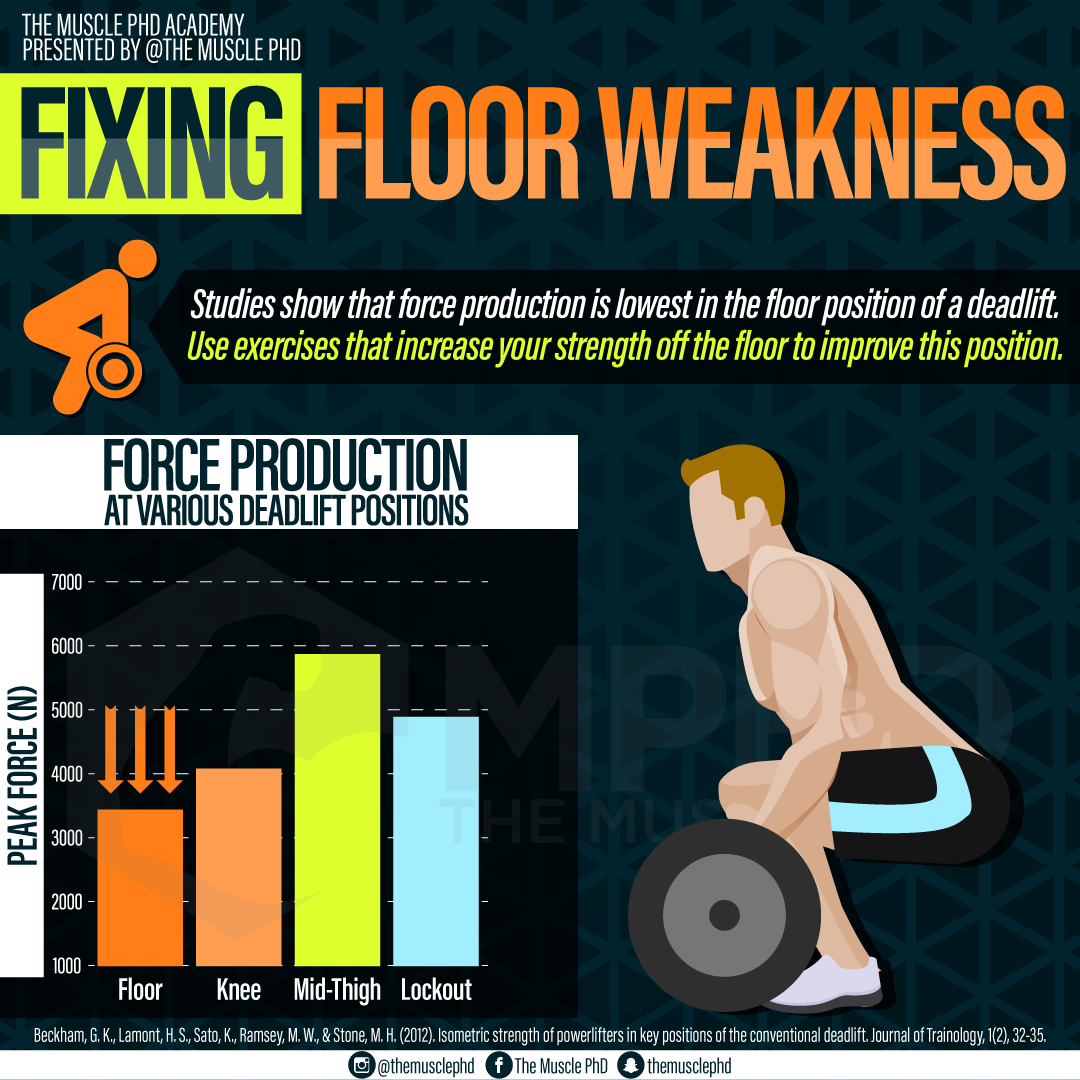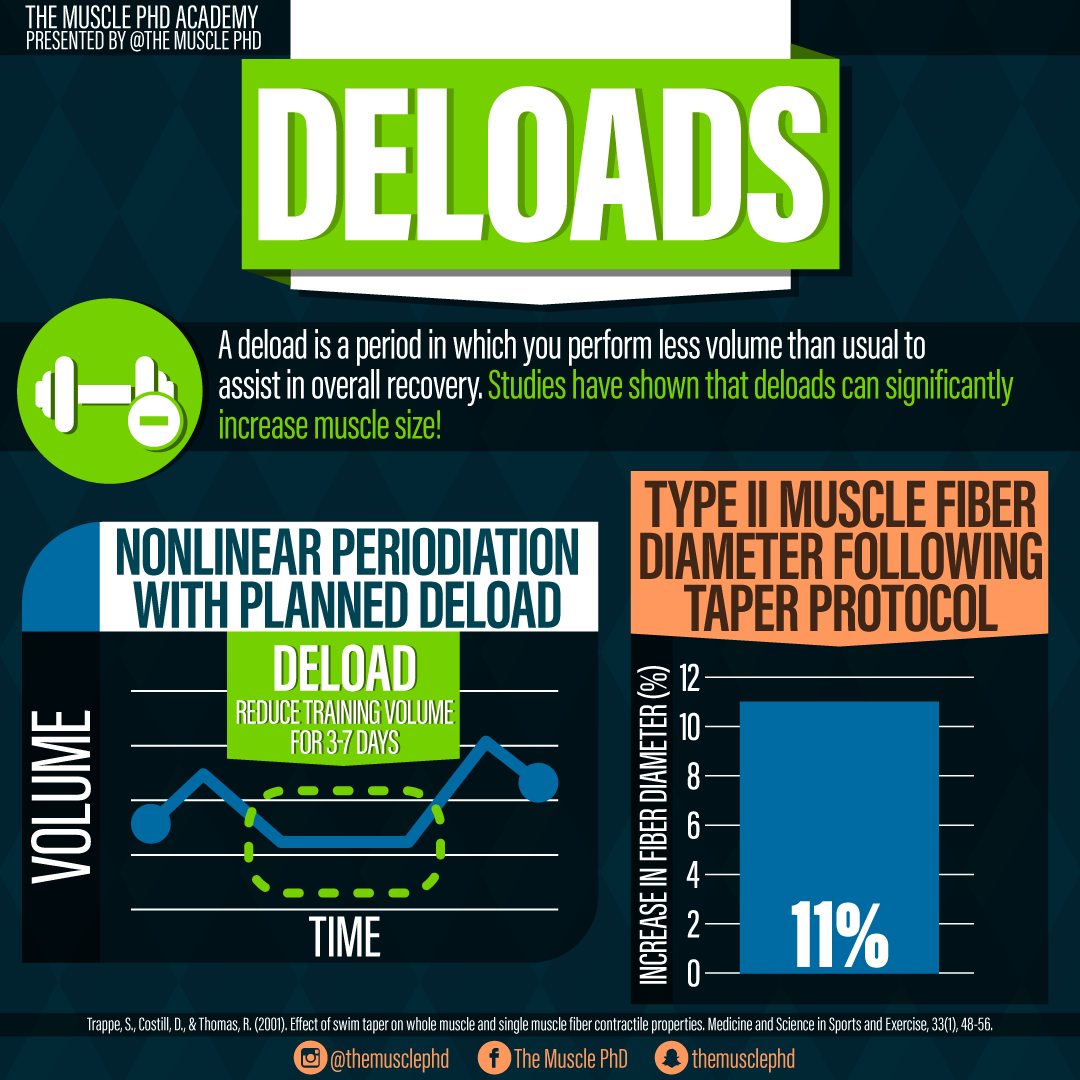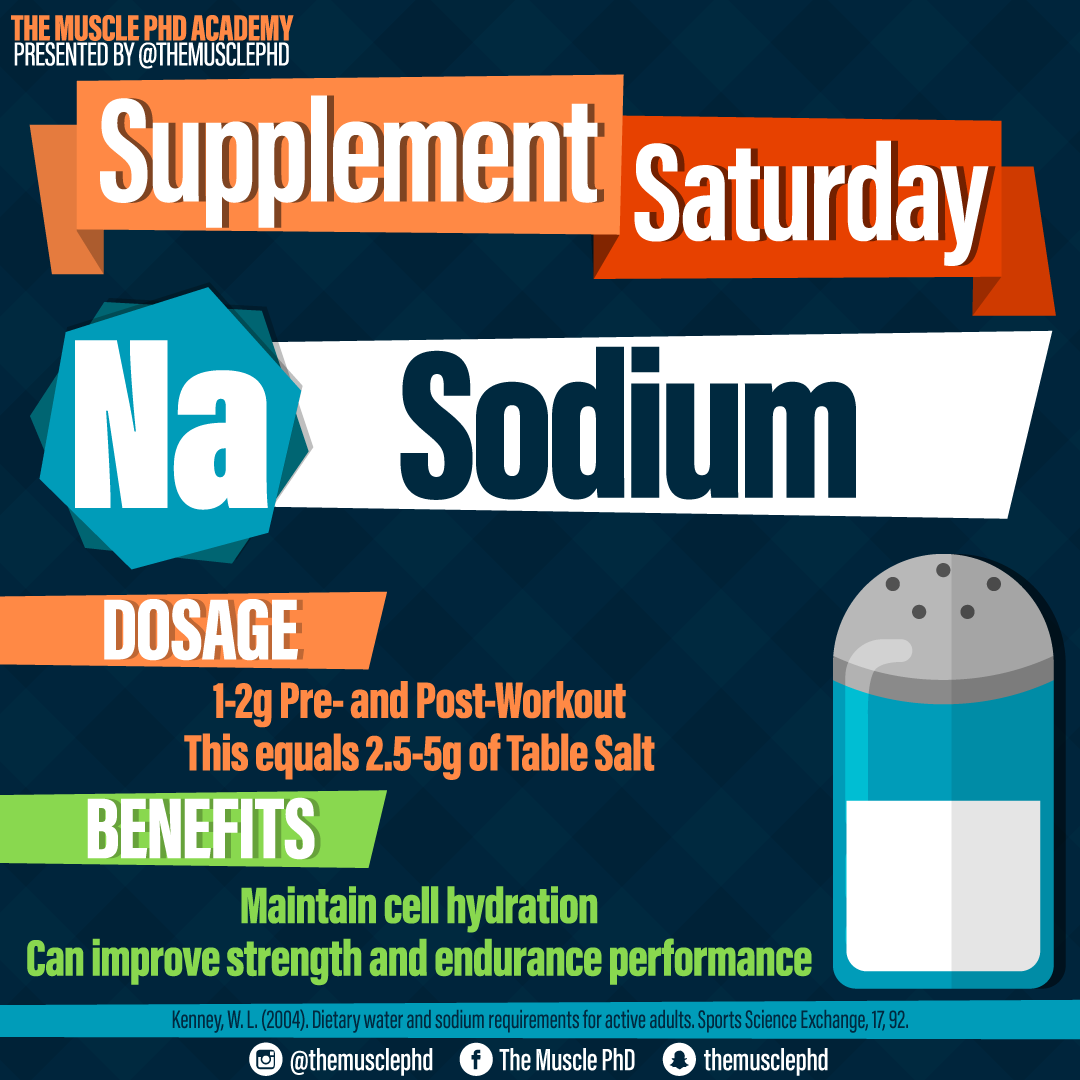Summary: We know that a calorie deficit is necessary for a successful cut – if our goal is to lose fat, we need to plan on burning more energy than we consume in order to lose weight. However, losing weight doesn’t necessarily mean you’re losing fat. This is where the quality of your calories becomes just as important as the quantity!
Most bodybuilders would like to maintain as much muscle mass as possible when undergoing a cut. What’s the most important macronutrient for achieving this goal? Protein! However, protein contains calories, so what gives?
Protein is actually the most thermogenic macronutrient, meaning we actually burn calories while digesting and absorbing protein. In addition, due to its chemical structure, it would be a very costly job for the body to turn protein into fat – this would involve several enzymatic reactions that simply aren’t worth it from an energy preservation standpoint. To this end, increasing protein intake can actually help your cut! We even have studies showing that subjects can lose fat while in a calorie surplus (Antonio et al. 2015) – all due to higher protein intake!
Therefore, when planning a cut, you should ensure that your calorie deficit is coming from reducing fat and/or carbohydrate intake. One strategy doesn’t work for all, so be ready for some trial and error to find out which method works best for you. Once you figure out where the majority of your deficit will come from, get ready to eat some protein! While in a growth phase, we typically recommend consuming about 2.2g of protein per kg of bodyweight (1g per pound). However, during a cut, you should actually up your intake slightly, somewhere in the range of 2.3g/kg-3.1g/kg (1.1g/lb-1.5g/lb) (Helms et al. 2014; Ribeiro et al. 2019). This will help ensure that most of your weight loss is coming from fat, rather than muscle!
Based on:
Additional Reading:
